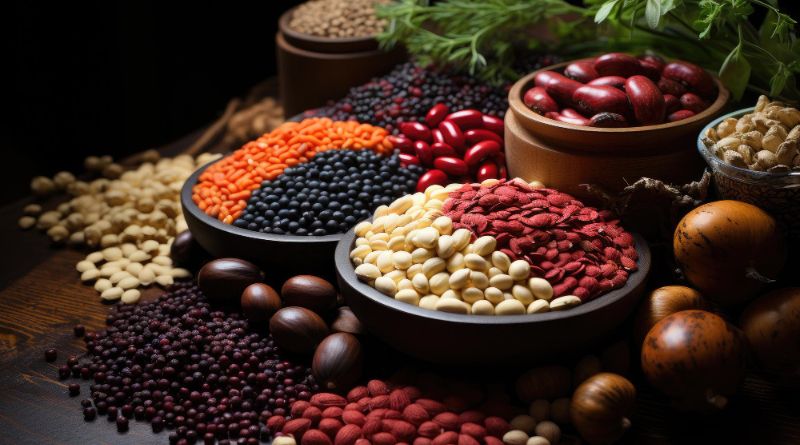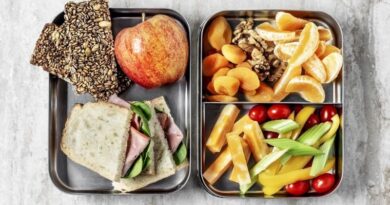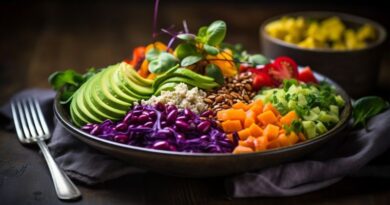Embark on a nutritional journey as we explore the world of legumes in the blog, “10 Healthiest High Protein Beans.” Legumes, renowned for their versatility and plant-based protein content, stand as dietary powerhouses. From the robust kidney beans to the petite yet protein-packed lentils, we delve into a diverse array of beans that not only tantalize the taste buds but also provide essential nutrients for muscle health, weight management, and overall well-being.
Join us on this culinary exploration, discovering the protein-rich potential of beans that make them a staple in wholesome and balanced diets. Whether you’re a seasoned plant-based enthusiast or simply curious about incorporating more protein into your meals, this guide unlocks the nutritional wonders of the 10 healthiest high-protein beans, inviting you to savor both flavor and vitality in every bite.
Healthiest High Protein Beans
Lentils: Versatile and Nutrient-Packed
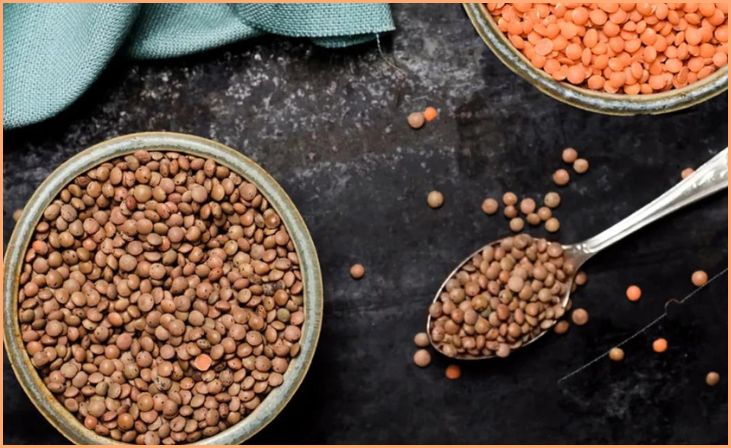
Lentils are a fantastic source of protein and fiber. They come in various colors, including green, red, and brown, and can be easily incorporated into a wide range of dishes. Lentils are not only rich in protein but also provide essential nutrients like folate, iron, and manganese. Whether you’re making soups, stews, or salads, lentils can be a nutritious and satisfying addition to your meals.
Also Read- 10 Best & Healthiest Legumes You Can Eat!
Black Beans: Rich in Protein and Antioxidants
Black beans are known for their dark color, which is indicative of their high antioxidant content. Along with being a protein powerhouse, black beans offer an array of health benefits due to their antioxidants. They are also a good source of fiber and can be used in various dishes, such as black bean burgers, salads, and dips.
Kidney Beans: Protein Powerhouse for Chili and Salads
Kidney beans are a popular choice for hearty dishes like chili. They are not only rich in protein but also provide a good amount of fiber, which can support digestive health. Kidney beans come in different colors, including red and white, and can be used in salads, soups, and casseroles for an extra protein boost.
Pinto Beans: Protein, Iron, and Magnesium Source
Pinto beans are another nutritious option that offers a combination of protein, iron, and magnesium. Iron is essential for transporting oxygen in the body, while magnesium supports various bodily functions. Pinto beans have a creamy texture and are commonly used in Mexican and Southwestern cuisine.
Navy Beans: Protein-Rich Base for Soups and Stews
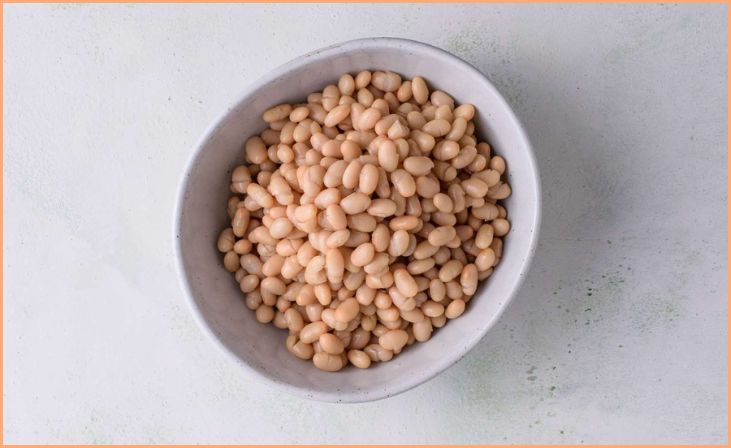
Navy beans, also known as haricot beans, are commonly used in soups and stews due to their ability to absorb flavors. They are rich in protein and provide a good amount of fiber, which can help promote satiety and digestive health. Navy beans are a versatile ingredient that can be added to a variety of dishes.
Black-Eyed Peas: Low-Fat and Nutrient-Dense
Black-eyed peas are a staple in Southern cuisine and are often associated with good luck. These beans are low in fat and high in protein, making them an excellent choice for those seeking to boost their protein intake. Black-eyed peas can be enjoyed in salads, casseroles, and rice dishes.
Great Northern Beans: Mild Flavor, Abundant Protein
Great Northern beans are known for their mild flavor and delicate texture. They are a great source of protein and can be used in a variety of dishes, including soups, stews, and pasta salads. Their versatility and protein content make them a valuable addition to a balanced diet.
Cannellini Beans: Protein Boost with Folate and Potassium
Cannellini beans, also called white kidney beans, are high in protein and offer nutrients like folate and potassium. Folate is essential for cell division and the formation of DNA, while potassium is crucial for maintaining heart health and regulating blood pressure. Cannellini beans can be used in both savory and creamy dishes.
Adzuki Beans: Protein-Rich and Versatile Addition
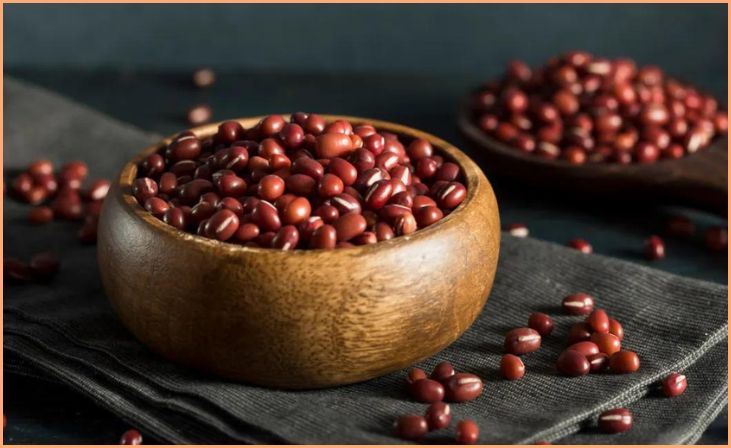
Adzuki beans are a staple in Asian cuisine and are often used in both sweet and savory dishes. They are rich in protein and provide essential nutrients like iron and potassium. Adzuki beans can be used to make bean paste for desserts or added to soups and stews for a nutritional boost.
Incorporating high-protein beans into your diet is a smart way to enhance your protein intake while enjoying a variety of flavors and textures. From lentils to adzuki beans, each of these beans offers its unique set of nutrients and benefits. Whether you’re a vegetarian or simply looking to diversify your protein sources, these 10 healthiest high-protein beans can be a valuable addition to your meals.
8 Reasons Why Every Kid Should Eat Beans
Protein Powerhouse
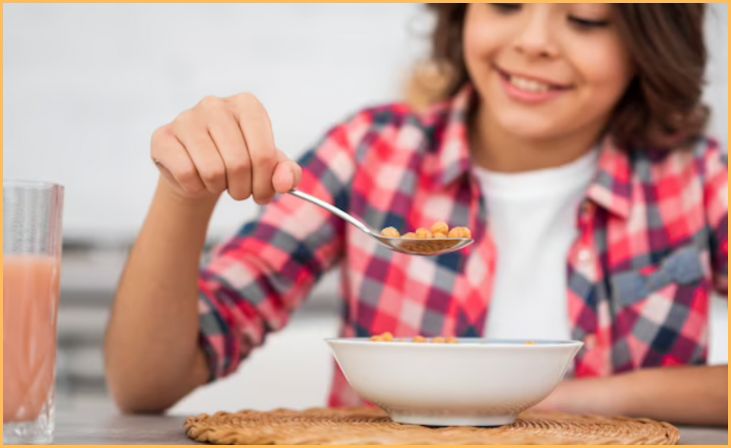
Beans stand as a protein powerhouse, making them an essential addition to every kid’s diet. Packed with plant-based protein, beans provide the building blocks necessary for growing bodies and developing muscles. This protein content is especially crucial for children who may be picky eaters or have dietary restrictions.
From chickpeas to black beans, the diverse array of beans ensures a variety of flavors and textures, making them versatile in kid-friendly meals. Incorporating beans into the diet not only supports muscle growth and development but also lays a foundation for a balanced and nutritious lifestyle. Whether added to salads, soups, or enjoyed as a snack, beans are a tasty and wholesome way to ensure kids get the protein they need for optimal growth and well-being.
Fiber Friend
Beans serve as a fantastic “Fiber Friend” for kids, offering a wealth of dietary fiber crucial for their digestive health. The high fiber content in beans promotes regular bowel movements, preventing constipation and ensuring a healthy gut. This is especially beneficial for children who may not always prioritize fiber-rich foods. Incorporating beans into meals provides a delicious and easy way to increase fiber intake, supporting overall digestive well-being.
Beans also contribute to a feeling of fullness, helping to regulate appetite and potentially preventing overeating. As a fiber-packed addition to a child’s diet, beans play a vital role in maintaining digestive regularity and fostering good eating habits from an early age.
Vitamin Bonanza
Beans offer a “Vitamin Bonanza” for kids, delivering a range of essential vitamins crucial for their overall well-being. These nutrient-rich legumes are abundant in vitamins such as B vitamins, including folate and thiamine, which are essential for energy production and cell function. Additionally, beans provide a significant dose of vitamin K, important for bone health and blood clotting.
The diverse array of vitamins found in beans contributes to the proper development of various bodily functions, supporting growth, immune system function, and overall vitality in children. By incorporating beans into their diet, kids not only enjoy a tasty and versatile food but also benefit from a vitamin-packed nutritional boost that sets the stage for a healthy and vibrant life.
Energy Boost
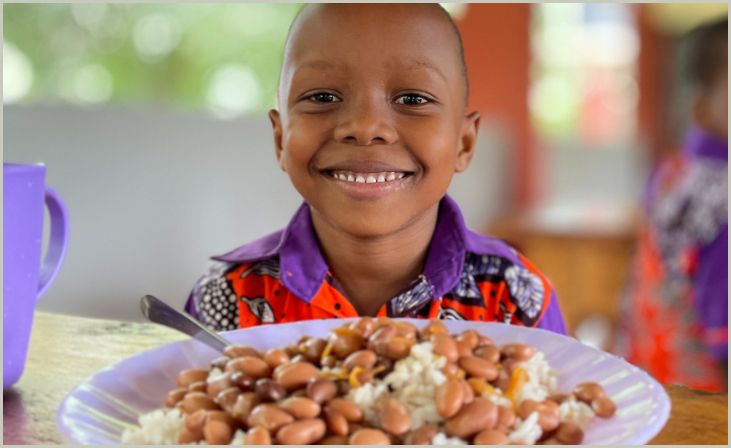
Beans serve as a natural source of an “Energy Boost” for kids, providing complex carbohydrates that release a steady and sustained supply of energy. The carbohydrates found in beans are a key component of a balanced diet, offering a gradual release of glucose into the bloodstream. This slow energy release helps maintain stable blood sugar levels, preventing the energy spikes and crashes associated with sugary snacks. For kids engaged in various physical activities and cognitive tasks, incorporating beans into meals provides a lasting source of energy to fuel their active lifestyles.
Whether added to salads, soups, or enjoyed in creative recipes, beans offer a delicious and nutritious way to support the energy needs of growing children, helping them stay energized and focused throughout the day.
For More- Indulge in Sweet Bliss: 10 Most Popular American Desserts
Iron Support
Beans offer crucial “Iron Support” for kids, playing a vital role in preventing iron deficiency and supporting healthy blood development. Iron is an essential mineral that contributes to the production of hemoglobin, the oxygen-carrying component of red blood cells. Growing children, particularly during periods of rapid development, require sufficient iron to support their expanding blood volume and ensure optimal cognitive and physical growth.
Beans, being a plant-based source of iron, provide a nutrient-dense option for children, especially those who may have dietary restrictions or preferences. Incorporating beans into meals not only adds a flavorful element but also contributes to meeting their iron needs, promoting overall health and well-being in the crucial stages of childhood development.
Heart-Healthy
Beans contribute to a “Heart-Healthy” diet for kids, offering a range of nutrients that support cardiovascular well-being. These legumes are rich in soluble fiber, which helps lower cholesterol levels, reducing the risk of heart disease later in life. The potassium content in beans further supports heart health by helping regulate blood pressure. By incorporating beans into meals, children can establish heart-healthy eating habits early on, setting the foundation for a lifetime of cardiovascular well-being.
Additionally, the absence of saturated fats in beans makes them a heart-smart choice, promoting overall cardiovascular health in a flavorful and kid-friendly way. Whether added to salads, soups, or enjoyed in various dishes, beans offer a delicious and nutritious means of nurturing heart health from a young age.
Brain Fuel
Beans serve as excellent “Brain Fuel” for kids, providing a wealth of nutrients that support cognitive development and concentration. Rich in essential vitamins and minerals, including B vitamins and iron, beans contribute to optimal brain function. These nutrients play crucial roles in neurotransmitter synthesis, aiding in the transmission of signals between nerve cells.
The steady release of energy from the complex carbohydrates in beans supports sustained mental focus, making them an ideal addition to meals for children engaged in learning and various activities. By incorporating beans into their diet, kids not only enjoy flavorful and versatile meals but also receive the essential nutrients necessary for cognitive growth, concentration, and overall brain health.
Taste Adventure
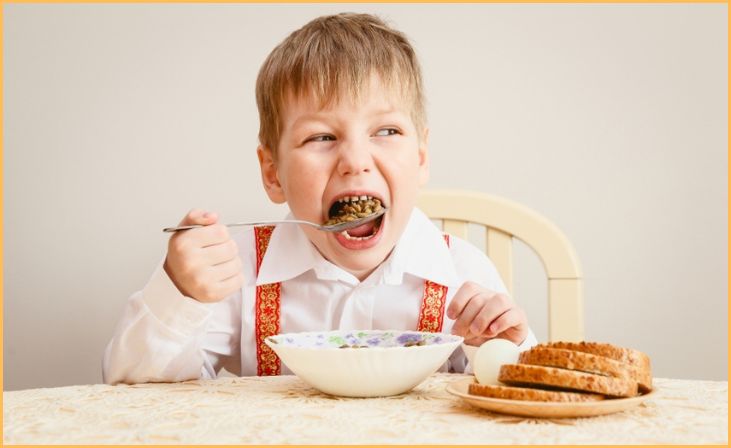
Beans offer a delightful “Taste Adventure” for kids, introducing them to a world of diverse flavors and textures. From creamy chickpeas to hearty black beans, the range of bean varieties adds a playful element to meals. Whether incorporated into salads, soups, or enjoyed in creative recipes, beans provide a versatile canvas for culinary exploration.
By embracing beans, children not only savor the rich and earthy tastes but also develop a palate for nutritious foods from an early age. Encouraging a taste adventure with beans fosters an appreciation for wholesome ingredients, setting the stage for a lifetime of enjoyable and health-conscious eating habits. As a flavorful and adaptable addition to various dishes, beans make every meal an exciting journey of taste and discovery for kids.
Conclusion
In concluding the exploration of the “10 Healthiest High Protein Beans,” we’ve unveiled a nutritional treasure trove that goes beyond taste, offering a multitude of benefits for children. From being protein powerhouses to providing essential vitamins and supporting overall health, these beans stand as versatile allies in promoting wholesome nutrition. By incorporating these nutrient-dense legumes into children’s diets, we not only ensure a rich source of protein but also lay the foundation for a balanced and vibrant lifestyle. Whether in soups, salads, or creative recipes, these beans promise both nourishment and flavor, making them an invaluable addition to every child’s plate.
FAQs
Beans are rich in plant-based protein, essential for the growth and development of children. They offer a nutritious alternative, especially for those with dietary restrictions.
Experiment with various bean varieties, incorporate them into familiar dishes, and explore creative recipes to make beans more appealing to picky eaters.
Yes, beans such as lentils, black beans, and chickpeas are versatile and suitable for various dietary preferences, including vegetarian and vegan diets.

